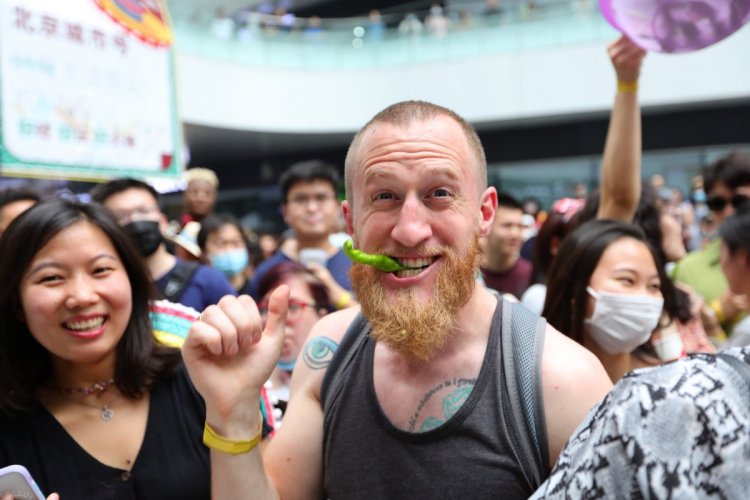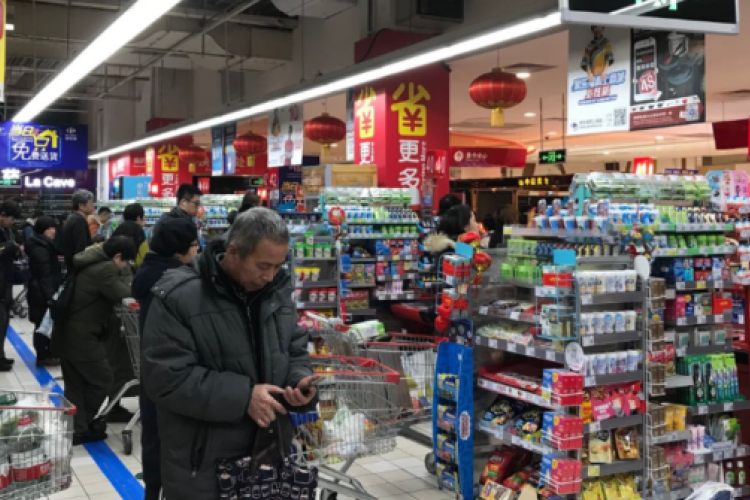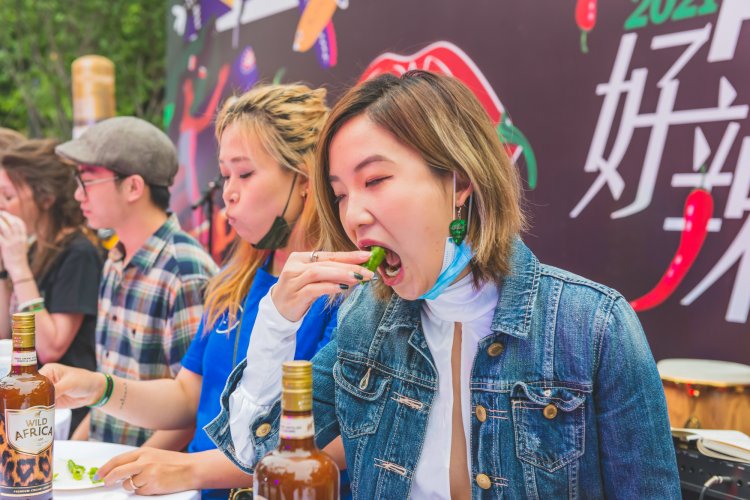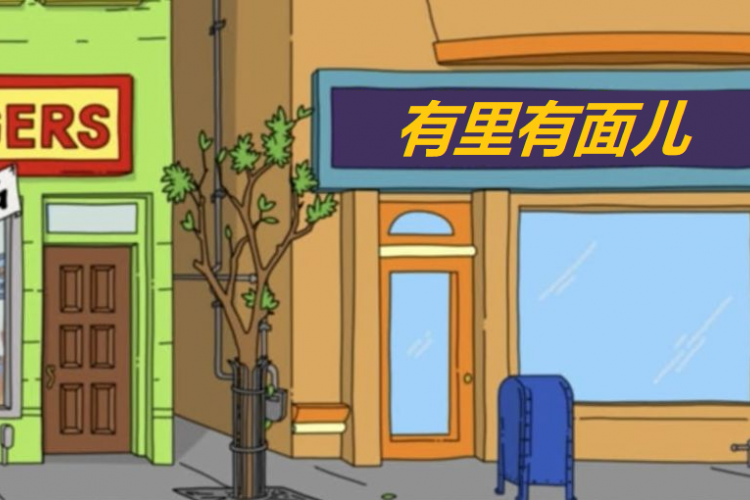Mandarin Monday: Learn the Lingo for All Things Hot!
Mandarin Monday is a regular series where we help you improve your Chinese by detailing fun and practical phrases and characters.
Have you ever tried to order something spicy at a Chinese restaurant, only for your dish to come out hotter than or not as hot as you wanted? It can be hard to figure out the spiciness of a dish from the characters written in Chinese.
An unfortunate experience can arise from a misunderstanding. For instance, a foreign friend of mine once asked for something labeled 微微辣 wéiwéi là (slightly spicy), believing he'd get a very spicy dish, only to find that it was barely spicy at all! With this in mind, and in anticipation of our upcoming Hot and Spicy Fest this weekend, let's take a moment to brush up on our Chinese knowledge with regard to describing spicy dishes. From mild to wild, you'll now be able to order the exact flavor you desire!

When it comes to describing the level of spiciness in Chinese cuisine, the character 辣 là is used. To express the intensity of spiciness, adverbs are added before the character. For example, 不辣 bù là for something not spicy at all, 微辣 wēi là for something slightly spicy, 中辣 zhōng là for something medium spicy, 重辣 zhòng là for something really spicy and 超级辣 chāojí là or 变态辣 biàntài là for something extremely spicy.
The Chinese words 辛辣 xīnlà can be used to describe food with a robust, pungent flavor. Dishes such as curry, garlic, and ginger all bring a bold, fiery taste to a meal. Meanwhile, 麻辣 málà is commonly associated with Sichuan cuisine, which is known for its mouth-numbing spiciness.
If you want to take your Chinese to the next level and leave your friends impressed, here are some catchy phrases you should learn. For something incredibly spicy, you can use the phrase 辣到着火 là dào zháo huǒ, which literally translates to “so spicy that it feels like your mouth is on fire.”
When cutting onions, many people experience a burning sensation that makes their eyes water. In Chinese, this sensation is described with the phrase 辣眼睛 là yǎnjīng. This phrase also has a second layer of meaning as a form of torture for the eyes. As such, it can be used to describe an experience that is uncomfortable and difficult to endure or something that is a little hard on the eyes, such as an unattractive movie character.

When you've encountered a dish so spicy that it takes your breath away and makes you feel alive, the phrase 辣翻了 là fānle describes the extreme sensation it produces. From ghost peppers, Carolina reapers and Sichuan Chili Oil to the hottest chili peppers found around the world, any dish that leaves you wanting more and yet still has you running for a glass of water can be depicted as la fanle. It captures the intensity of the heat and the way the spice lingers on your tongue in a single phrase. When you encounter something that is too spicy for words, you can rely on la fanle to perfectly express your experience

What's the spiciest thing you've ever had? Let us know in the comments!

Hot & Spicy Fest will be taking place at FFC South Square on Jun 20 from 4pm to 9pm and on Jun 21 and 22 from 11am to 9pm. Standard Early Bird Tickets are RMB 25, Magnet Early Bird Tickets are RMB 35, VIP Tickets are RMB 100 and Standard/On-Site Tickets are RMB 35. You can purchase tickets by scanning the QR code in the poster above.
FFC South Square 北京财富金融中心(FFC)南广场
5 Sanhuan Zhonglu, Hujialou Jiedao, Chaoyang District
朝阳区呼家楼街道东三环中路5号
READ: Mandarin Monday: All About Chili Peppers
Images: Unsplash, Giphy







